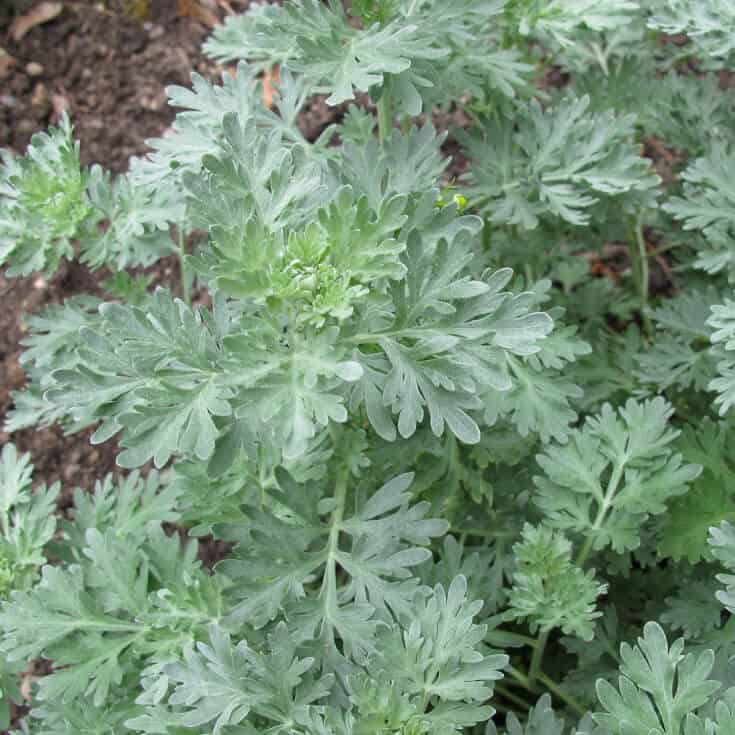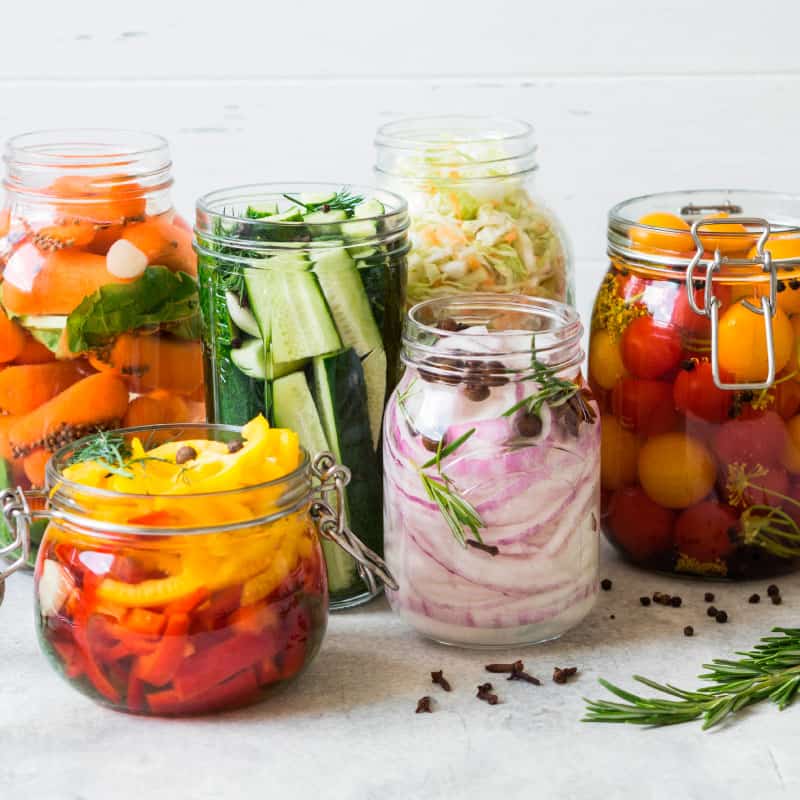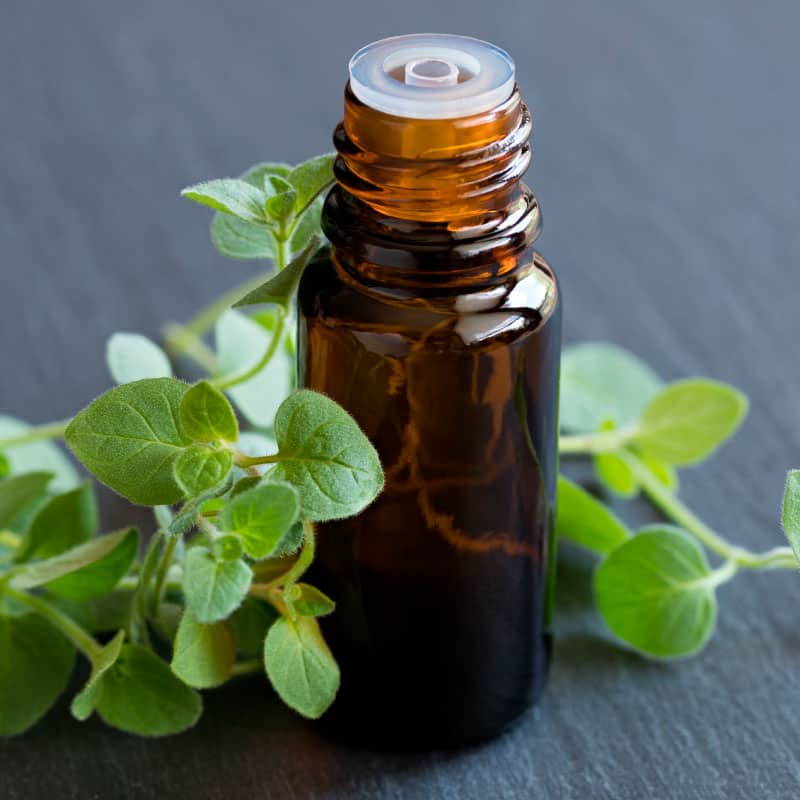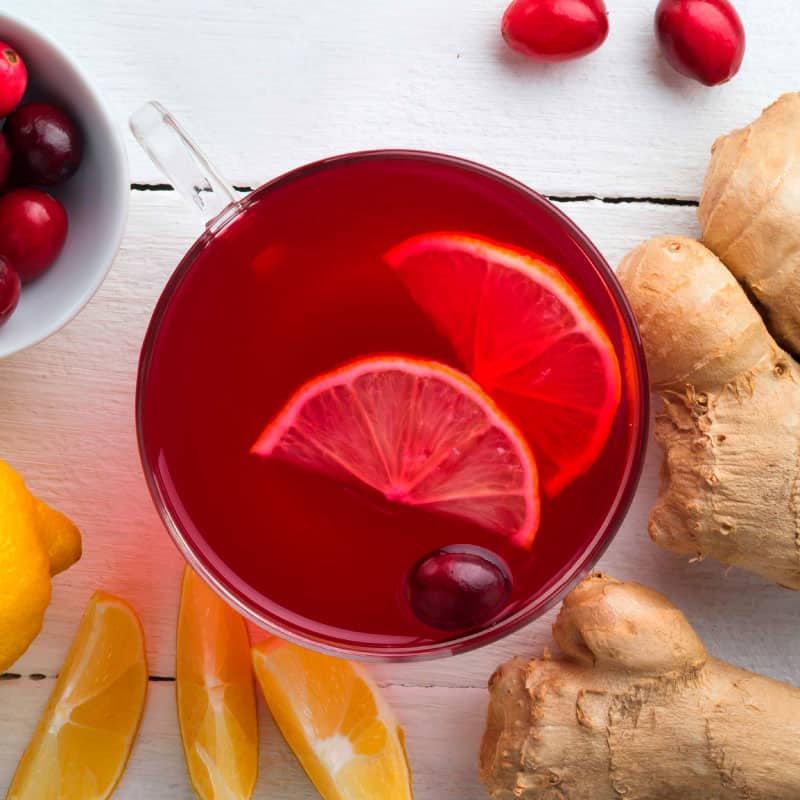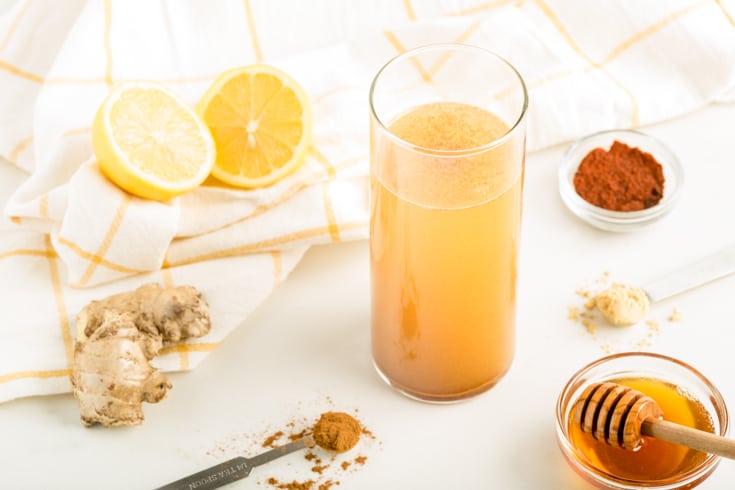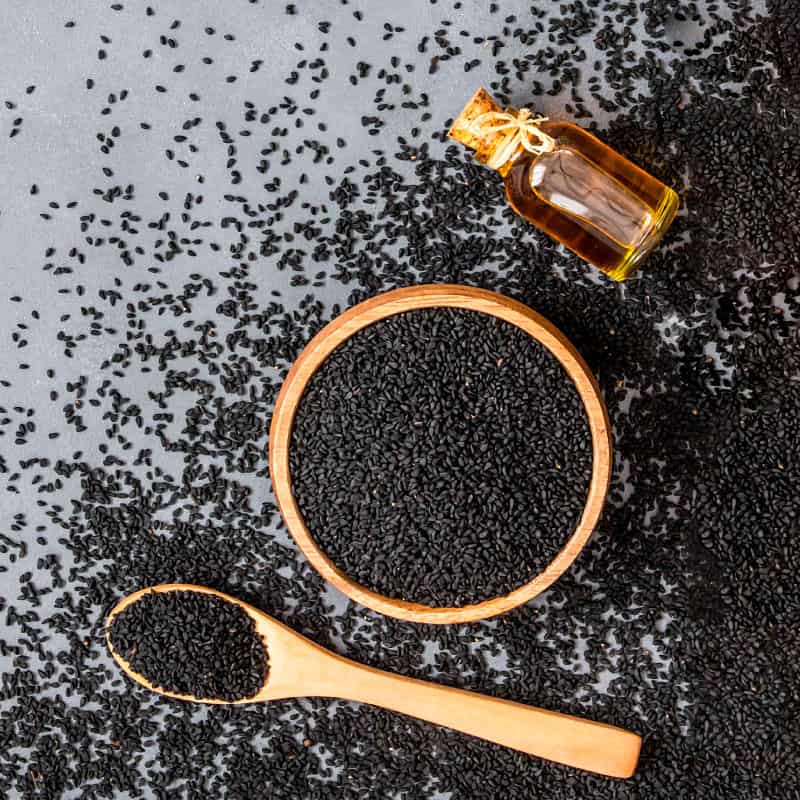This Dr. Axe content is medically reviewed or fact checked to ensure factually accurate information.
With strict editorial sourcing guidelines, we only link to academic research institutions, reputable media sites and, when research is available, medically peer-reviewed studies. Note that the numbers in parentheses (1, 2, etc.) are clickable links to these studies.
The information in our articles is NOT intended to replace a one-on-one relationship with a qualified health care professional and is not intended as medical advice.
This article is based on scientific evidence, written by experts and fact checked by our trained editorial staff. Note that the numbers in parentheses (1, 2, etc.) are clickable links to medically peer-reviewed studies.
Our team includes licensed nutritionists and dietitians, certified health education specialists, as well as certified strength and conditioning specialists, personal trainers and corrective exercise specialists. Our team aims to be not only thorough with its research, but also objective and unbiased.
The information in our articles is NOT intended to replace a one-on-one relationship with a qualified health care professional and is not intended as medical advice.
Natural Ear Infection Remedies
December 21, 2017

Are you struggling with symptoms of an ear infection and wondering how to cure an ear infection fast? Ear infections, whether they afflict adults or more commonly children, can be really unpleasant and outright painful.
Ear infections can be in the outer, middle or inner ear. For this article, I’m going to focus on the most common type of ear infection, which is an infection of the middle ear.
According to the CDC, middle ear infections, “may not need antibiotics in many cases because the body’s immune system can fight off the infection without help from antibiotics” and a mild case “often will get better on its own without antibiotic treatment, so your health care professional may recommend watchful waiting before prescribing antibiotics to you or your loved one.” (1)
So even conventional medicine agrees that antibiotics are often not the way to go, which means it’s time to talk about natural ear infection treatment and ear infection pain relief.

What Is An Ear Infection?
An ear infection of the middle ear, medically known as acute otitis media, can be caused by a bacteria or virus. Most often, ear infections occur in the middle ear, which is the air-filled space between the eardrum and the oval window of the ear. The middle ear is responsible for transmitting sound from the outer ear to the inner ear.
In addition to a middle ear infection, it’s also possible to have an outer ear infection like swimmer’s ear or an inner ear infection. Labyrinthitis is a serious inner ear infection that affects hearing and balance. People with labyrinthitis often experience vertigo and some hearing loss. (2)
If a middle ear infection is bacterial, it’s most likely the bacteria Streptococcus pneumoniae causing the infection. A virus can cause also cause ear infections. (3) A a cold or allergies can cause congestion that blocks the Eustachian tube, which connects the middle ear to the back of the throat. This congestion can lead to a buildup of fluid and pressure and provides an environment for bacteria or viruses that have traveled up the Eustachian tube into the middle ear to flourish, resulting in an ear infection. (4)
What are some common ear infection symptoms? When you have a middle ear infection, there is a good deal of inflammation and fluid buildup going on inside of your ear. This leads to the most prevalent symptom of pain otherwise known as an earache. It can also cause a temporary decrease in hearing ability. The pain or earache is usually worse when lying down. It’s also possible to have a fever. (5)
When it comes to risk factors for ear infections, children experience ear infections more than adults, especially kids between the ages of 6 months and 2 years old because of the size and shape of their Eustachian tubes and their underdeveloped immune systems. Babies that bottle fed, especially while lying down, are more prone to infections than breast-fed babies.
Even the CDC recommends breast-feeding children exclusively for the first six months of their lives and continuing until they are at least 1 year old. Injury to the ear, climate changes, altitude changes, pacifier use, family history of ear infections, and exposure to cigarette smoke are other risk factors. (6, 7, 8)

7 Natural Ear Infection Remedies
What do you do for an ear infection? If you’re wondering, how can I treat an ear infection at home, then you’ve come to the right place. As experts will confirm, an ear infection with a viral cause should not be treated with antibiotics and that’s when these natural yet highly effective middle ear infection treatments can really come in handy. These are helpful natural ear infection remedies for adults and kids.
1. Garlic Oil
There’s a good reason why garlic ear oil is likely on the shelf of your local health store. Multiple studies have demonstrated garlic’s potent antimicrobial, antiviral and antifungal properties. It’s also been shown to have a highly positive effect on immune health. (9, 10) As “nature’s antibiotic,” garlic oil can help get to the root of an ear infection and kill off the offending pathogens.
If you bring your child to the doctor for an ear infection, you may want to question the recommendation of antibiotics. In the U.S., it’s estimated that 80 percent of children will have an ear infection by time they are three years old and pediatric ear infections are the top condition for which doctors prescribe antibiotics.
First off, antibiotics should only be prescribed when the ear infection has a bacterial cause. The American Academy of Pediatrics (AAP) now recommends a wait-and-watch or watchful waiting period in low-risk kids rather than jumping to prescribing antibiotics right away. Many doctors will wait 24 to 72 hours to see if symptoms improve which they often do. (11)
In addition, antibiotics can cause allergies in children. The overprescribing of antibiotics is exactly why bacterial ear infections have become antibiotic-resistant and much more difficult to treat. (12)
2. Probiotics
Probiotics often are included on lists of of complementary and alternative medicine that have been shown to be effective in cases of pediatric ear infections. (13) Having an ear infection means you want to do all you can to boost your immune system. One of the best ways to do this is with the help of probiotics, which are available as a supplement and can also be acquired through your diet by eating things like kimchi, kombucha, coconut kefir and other probiotic-rich fermented foods.
Probiotics can also help to prevent ear infections from occurring in the first place. According to Mayo Clinic, “Certain strains of these ‘good’ bacteria, which occur naturally in the body, may help prevent ear infections in infants and children.” (14)
3. Chiropractic Care
One of the many benefits of chiropractic adjustments is their ability to help improve ear infections. The spine can misalign in the upper neck and that can actually affect the way the body heals. As a result, those nerve signals getting from the brain to that area are affected as well, and it affects the overall healing.
A pilot study published in the Journal of Clinical Chiropractic Pediatrics looked at 332 children ranging in age from only 27 days old to 5 years old and the effects of a series of four to six chiropractic adjustments. Some of the children had an acute case while others had chronic ear infections. Overall, the results revealed a strong correlation between chiropractic adjustments and the resolution of ear infections in children. (15)
Another study published in the Journal of Manipulative and Physiological Therapeutics looked at 46 children 5 years old or younger and the effects of chiropractic care on ear infection symptoms. The typical treatment regimen was three treatments per week for one week, then two treatments per week for one week, then one treatment per week. This study was a limited cohort nonrandomized retrospective study, but its results were interesting: 93 percent of all episodes improved with 75 percent improving in 10 days or fewer and 43 percent with only one or two treatments. (16)
When an ear infection is present, fluid is getting trapped in the middle ear cavity, which then creates an environment for viruses and bacteria to flourish. The idea behind chiropractic care for ear infections is that spinal manipulation, especially of the cervical vertebrae, can help to relax the muscles surrounding the Eustachian tubes allowing for proper drainage. Chiropractic care also aims to restore the natural function of the nervous system, which can benefit the health of the entire body.
4. Nail Down the Root Cause (Allergies)
One of the underlying causes of ear infections can be food allergies. According to researchers, children with food allergies are more likely to develop ear infections. The study first published in 2004 actually found that almost half of the children with a middle ear infection with fluid accumulation had some sort of food allergy. (17)
If your child is allergic to gluten, dairy, nuts or some other food they are eating regularly, then this can be contributing to their development of ear infections. If you or your child suffer from chronic ear infections, it’s a worthwhile investment to get an IgG food sensitivity test that can show you any food allergies, food sensitivities or food intolerances. In general, I recommend avoiding conventional cow’s milk. You can replace cow’s milk products with goat milk, goat milk yogurt and goat cheese.
5. Mullein
Mullein (Verbascum thapsus) is a plant, and oil made from its flowers is well-known for being one of the best natural earache remedies. A tincture containing mullein either alone or combined with other herbs is commonly found online and in health stores as a natural remedy for earaches and ear infections.
Research published in The Archives of Pediatrics and Adolescent Medicine demonstrates how an herbal ear drop containing mullein was just as effective when it came to pain relief as an anesthetic one. (18) Mullein oil is also used to naturally treat ear infections (and more) in dogs too! (19)
6. Heat and Rest
Don’t underestimate the healing help of resting. When your body (or your child’s body) is trying to fight off an ear infection, getting rest and eating a healthy diet are crucial.
Applying heat to the ear can also help with pain. You can use a warm washcloth, but make sure it’s not too hot and it’s wrung out well. (20)
7. Vitamin D
Vitamin D is known for its ability to boost immune health, and research has specifically shown how it can help when it comes to ear infections. A case-control study published in the Norwegian journal Acta Paediatrica in 2017 found that the risk of chronic otitis media with effusion can be decreased by increasing serum levels of vitamin D through increased sun exposure, higher dietary intake of vitamin D as well as vitamin D supplementation. (21)
Conventional Treatment
Many doctors unsure of whether the infection is viral or bacterial will prescribe antibiotics, most commonly Amoxicillin, a penicillin antibiotic. A typical course of treatment for children under the age of 6, and for those with a severe middle ear infection, is 10 days. For children 6 years or older, or for those with mild-to-moderate infection, it’s usually five to seven days. However, “most children with uncomplicated acute [middle ear infection] will recover fully without antibiotic therapy.” (22)
And again, if a virus is at the root of an ear infection, then antibiotics will not help and should not be prescribed. (23)
More Ear Infection Remedies
Top Foods for Ear Infections
- Water: Helps maintain hydration and clear out mucus.
- Wild-caught fish: Omega-3 fats found in wild-caught fish (also chia seeds and flaxseeds) help to reduce inflammation.
- Non-dairy baby formula: If a baby drinks formula, I recommend switching to coconut or goat’s milk-based formulas which tend to cause fewer allergies. However, breast-feeding is most ideal.
- Fruits and vegetables high in vitamin C: Keeps immune system strong, which helps the body’s ability to ward off infection.
Foods to Avoid
- Potential food allergens: Some common allergens include conventional dairy, gluten, shrimp and peanuts.
- Conventional dairy: Pasteurized-cow dairy products can be mucus-producing and worsen infection.
- Sugar: Reduces immune function and encourages inflammation.
- Processed foods: These foods may contain added chemicals and dyes that young children can be sensitive to.
Supplement Ear Infection Remedies
- Garlic oil ear drops (2 warm drops in ear daily)
Garlic oil is antibacterial and anti-inflammatory. - Zinc (10 mg 2x a day for those older than 2 years old)
Zinc boosts immune function and promotes healing. (24) - Vitamin C (1,000mg 3x a day for adults, 500 mg 2x daily for children 6–12 years old)
Vitamin C enhances immune function and lowers inflammation. (25) - Vitamin D3 (400 IU – 2,000 IU daily ages 2–12)
Vitamin D3 helps support the immune system. (26)
Ear Infection Precautions
If you experience dizziness, vertigo, or hearing loss and these symptoms don’t get better after a few days, or your symptoms are getting worse, you should seek emergency medical care.
Contact your pediatrician right away if: (27)
- Your child seems very sick with symptoms such as a stiff neck and high fever (102 degrees F).
- Your child has sudden hearing loss, dizziness or severe pain.
- You notice redness, swelling, or pain behind or around your child’s ear, especially if your child doesn’t move the muscles on that side of his or her face.
It is commonly recommended that children under 6 months of age who have an ear infection and/or fever see their pediatrician.
Key Points About Ear Infection Remedies
- Ear infections tend to occur in young children, but they can affect anyone.
- Ear infections can either be viral or bacterial. Treating a viral ear infection with conventional antibiotics typically is ineffective and includes undesirable side effects.
- Do ear infections clear up on their own? Yes, they certainly can, especially when you do what you can to boost your or your child’s immune system!
7 Natural Remedies for Ear Infections
-
- Garlic oil
- Probiotics
- Chiropractic care
- Treating allergies
- Mullein
- Heat and rest
- Vitamin D3




